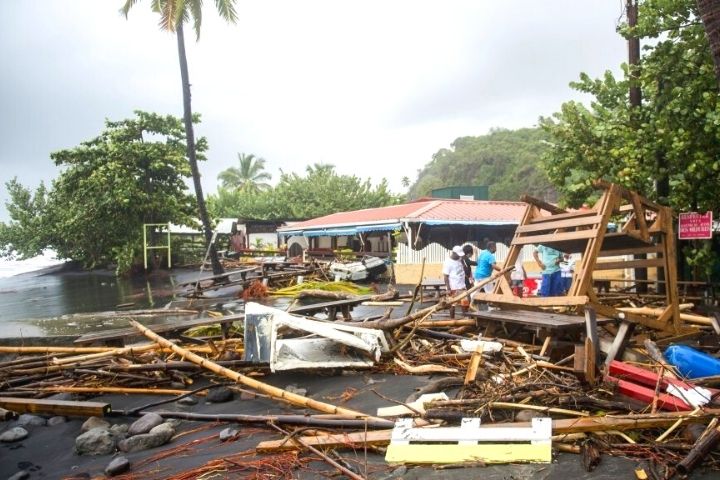Business Idea: Advice On Natural Disasters

Advising on how to prevent natural disasters , or at least their effects on business, can be an excellent idea for a consulting company. Climate change is a fact. Every year new records of temperatures, floods or destructive storms are registered. They are phenomena that have always existed but whose frequency is increasing dramatically over the years. It would be desirable to fight against the causes of the problem (and many people do), but it does not seem unreasonable to think of business ideas that accompany this terrible trend.
Table of Contents
Multiple Risks
Today, there are already consulting companies that help businesses prevent risks . However, they are usually oriented to common claims (flooding due to a broken pipe, fire in the building, accidents at work, etc.). The issue of catastrophes is normally out of consideration, and even outside of insurance policies (there are compensation systems regulated but slow and scant application).
The Risk Of Catastrophe
Knowing that in the event of a natural disaster, the eventual compensation of insurance would take months and could not cover the damages, it seems logical that when the frequency of incidents is anticipated to increase more and more in the future, companies prepare to face the disasters rather than being passive in the face of this risk.
This is when the need for an advisory service appears, capable of anticipating the possible risks and implications for business, and therefore taking measures to limit the impact on the company.
A Practical Example
Certain areas have a tendency to flood, and normally in these places people are used to it and take actions to prevent the consequences. However, it is possible that with the increase in torrential rains, other areas that were not flooded will become high-risk areas . A consulting firm that has studied this risk and weather trends could visit businesses in an area and provide their services. The solution for a product warehouse may be as simple as installing a loft at a level high enough so that the water never reaches the stock.
The tricky thing about the activity is that many clients may be reluctant to invest in prevention, simply because they do not feel the reality of the danger. However, after tragic events like wildfires or earthquakes, more attention is likely to follow.
For small businesses, the service should be very simple, with recommendations and actions that do not represent a very high cost (otherwise potential customers would rule it out). The most interesting market would be for medium-sized companies, with significant investments that justify spending on prevention. Larger companies tend to consider all risks, even natural ones, but they are also a market to take into account.







